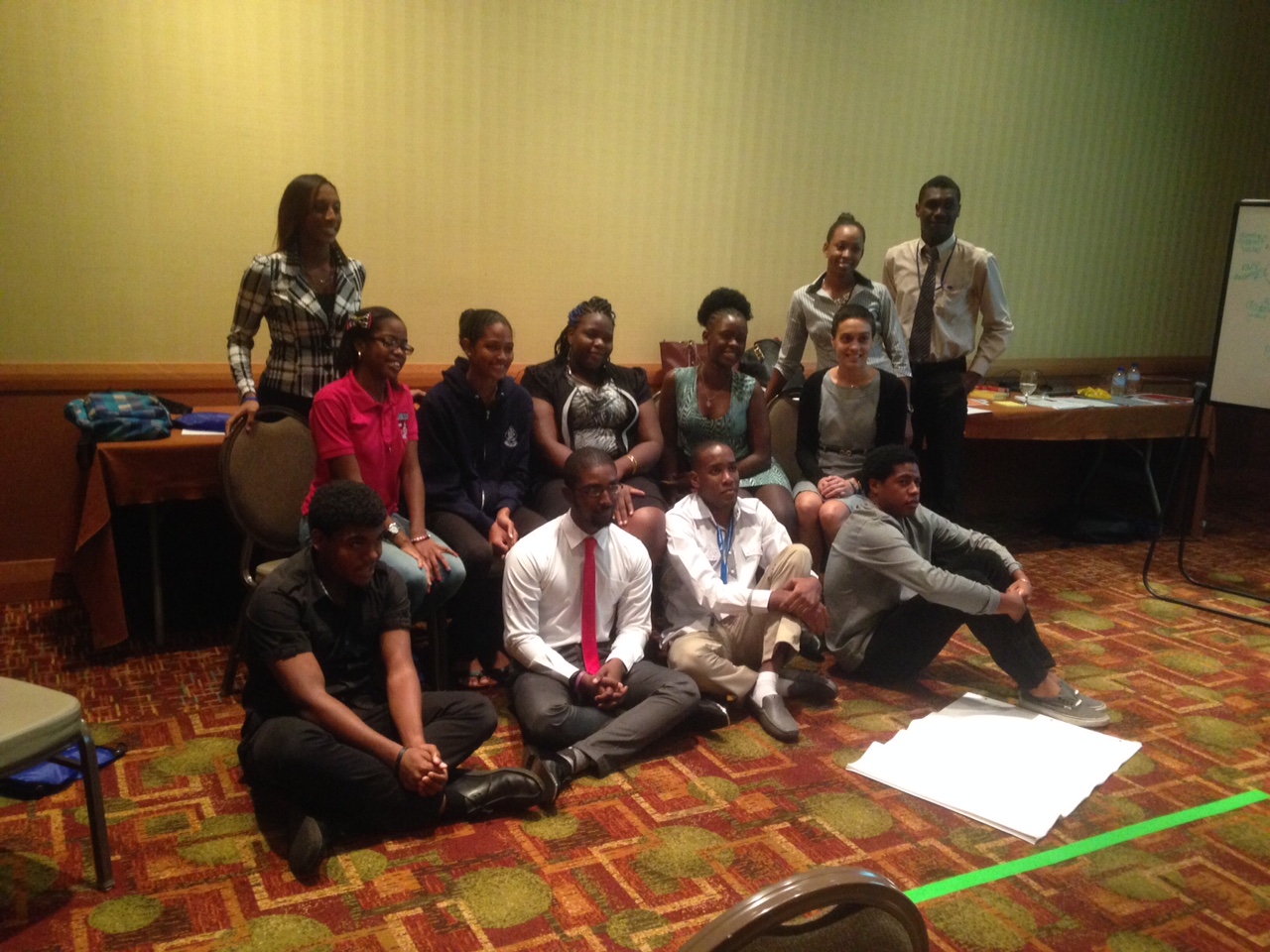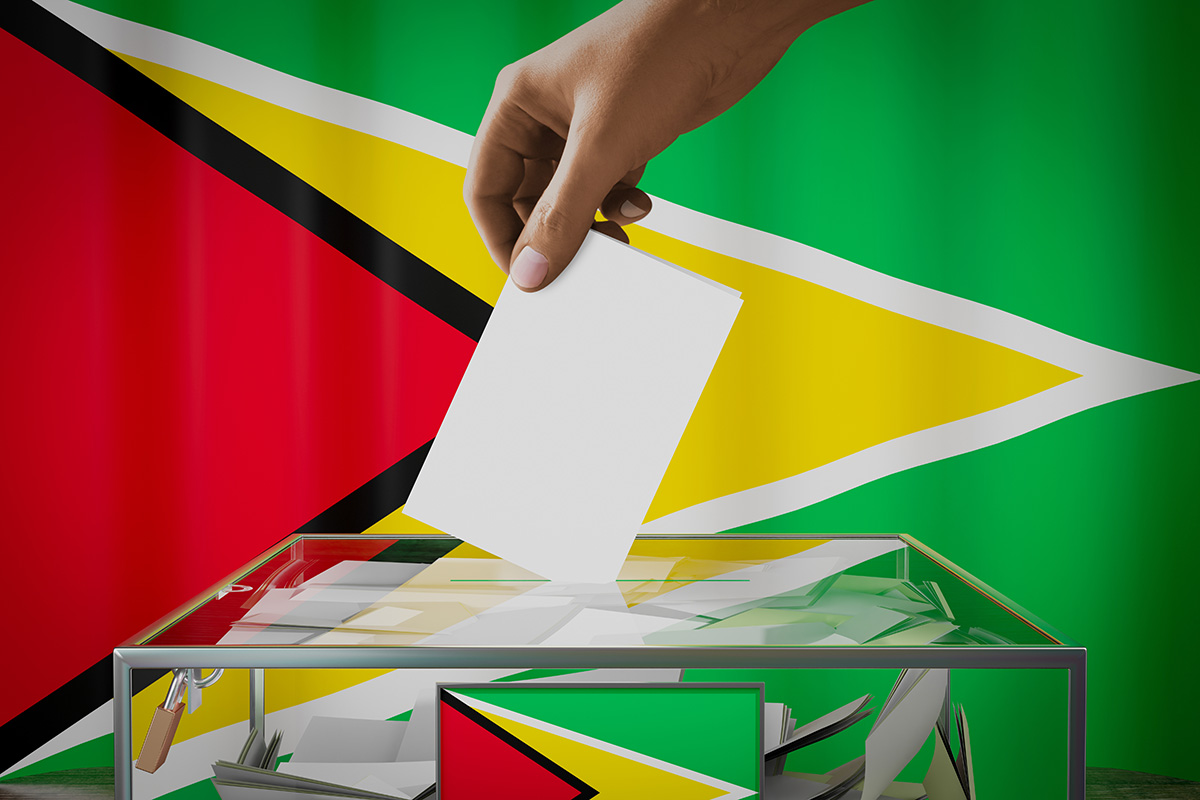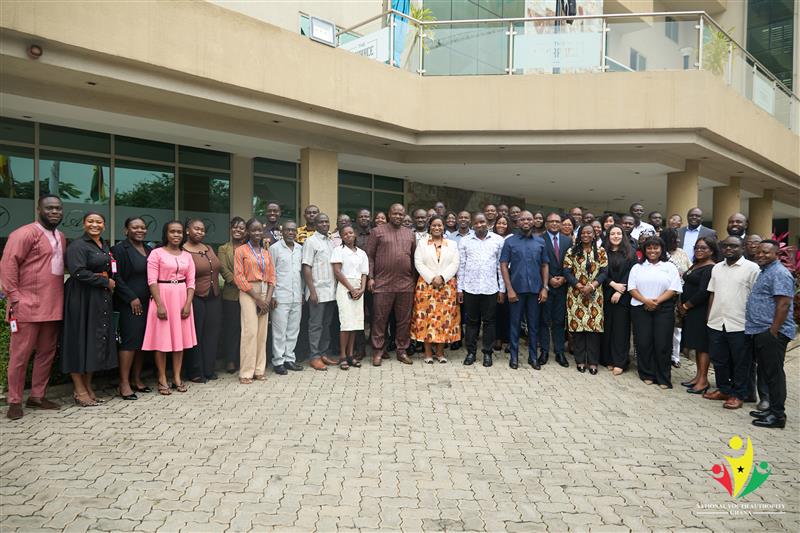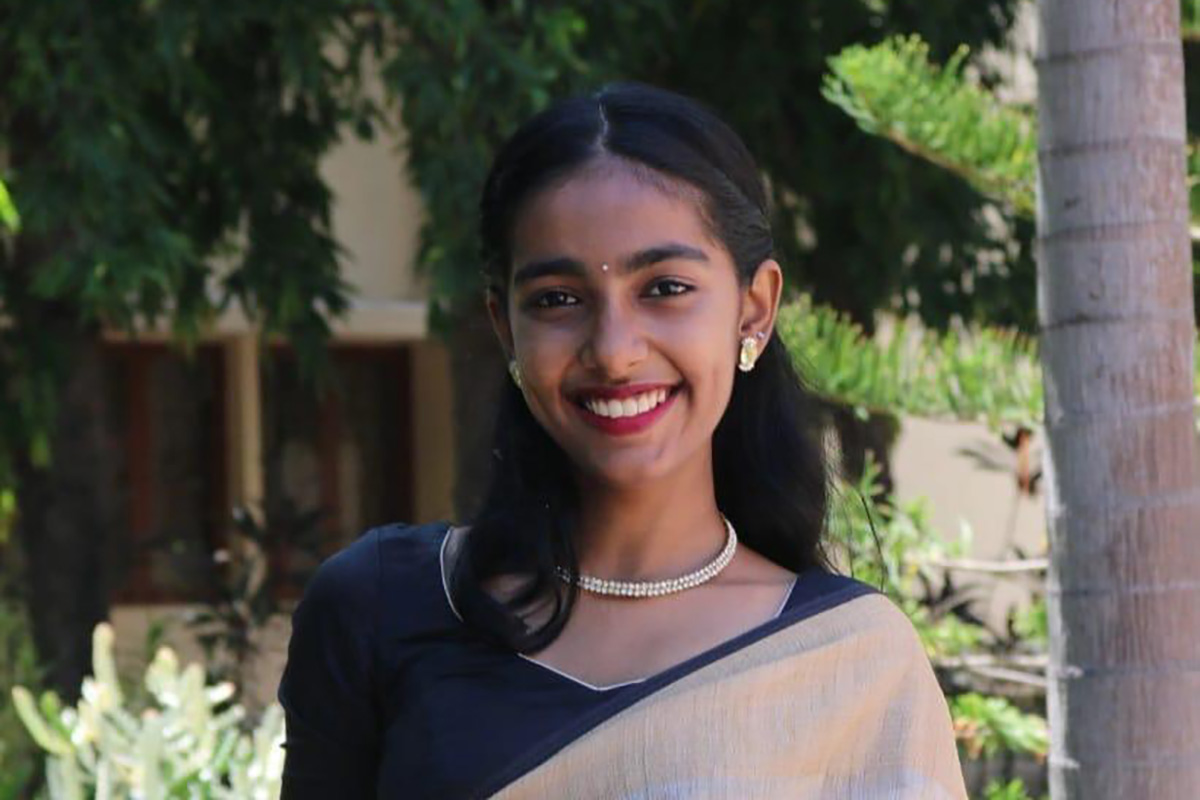Sport for Development and Peace advocacy workshop in Trinidad and Tobago
June 18The Commonwealth’s Sport for Development and Peace team ran a workshop on 16 June 2015 in Trinidad and Tobago, encouraging young people to identify and discuss the issues and opportunities for how to advocate for sport as a development tool in their communities. Young journalists Arielle Collins and Ryan Nanton from the College of Science, Technology and Applied Arts of Trinidad and Tobago attended the event. They have kindly shared their perspectives with us and what they’ve learnt from the workshop.
Walking into the Hyatt Regency Hotel, I had no idea what awaited my colleagues and me on the inside of the Port of Spain Ballroom. That sport was on the agenda, we knew, but definitely not much more than that. We expected a full-on conference and were pleasantly surprised when after the first hour, we were invited to join other young people in sport for the Commonwealth Youth Sport for Development and Peace (CYSDP) Advocacy Toolkit Workshop.
The intimate setting we entered allowed for interactions that definitely superseded the possible ‘idle mind syndrome’ we young people may have experienced if the topics broached were attempted in the general setting. Incoming Chair of the CYSDP Working Group, Assmaah Helal, led the session and took the reins on ideas, strategies, policies, and plans that were discussed, simplified, then thoroughly engaged by all participants in the session.
Fellow member Janine Thornhill and coordinator Carl Konadu stepped in whenever necessary to aid in the dissemination of all information brought forward. Even the most introverted member of the group would agree that current Chairperson of the Working Group, Clare Barrell’s interesting ice-breakers succeeded in creating an environment where everyone felt comfortable, thereby insuring the activities’ success. Overall, the workshop was very beneficial because of the wealth of knowledge of current issues facing young people, especially in sport, and how other cultures, and socio-economic backgrounds affect sport.
Understanding that the process of working together to create sport for development programmes on a community level must also be on par with the community’s needs, wants and resources, was a point of discussion that, had we been on our own, we may have overlooked.
Topping the list of issues raised was the concern of poor representation in regards to young people in sport specifically, and youth development generally. There were other issues as well that came to the forefront, such as social issues, low financial aid for athletes, and other shortcomings within the sports sector.
At the end of our workshop, four young people were nominated to deliver our E.P.I.C* findings to the policy makers, sport professionals and representatives of international sporting bodies that had spent all day in the main conference. Taking into consideration the limited time allocated to prepare, and the content that was expected, the challenge proved daunting. Nevertheless, we were victorious in getting our message across to decision makers. Our message of increasing youth representation and leadership in sport for development and peace programmes was delivered unadulterated to the ears of who needed to hear it. Furthermore, interacting with other young individuals with such passion and drive about sport and the commonwealth community was one that will never be forgotten, and we will always treasure.
Arielle Collins and Ryan Nanton
Ken Gordon School of Journalism
College of Science, Technology and Applied Arts of Trinidad and Tobago
*EPIC stands for Engage, State the Problem, Inform on the Solution, Call to action. A model adapted from Results UK to formulate an advocacy message to decision makers.




